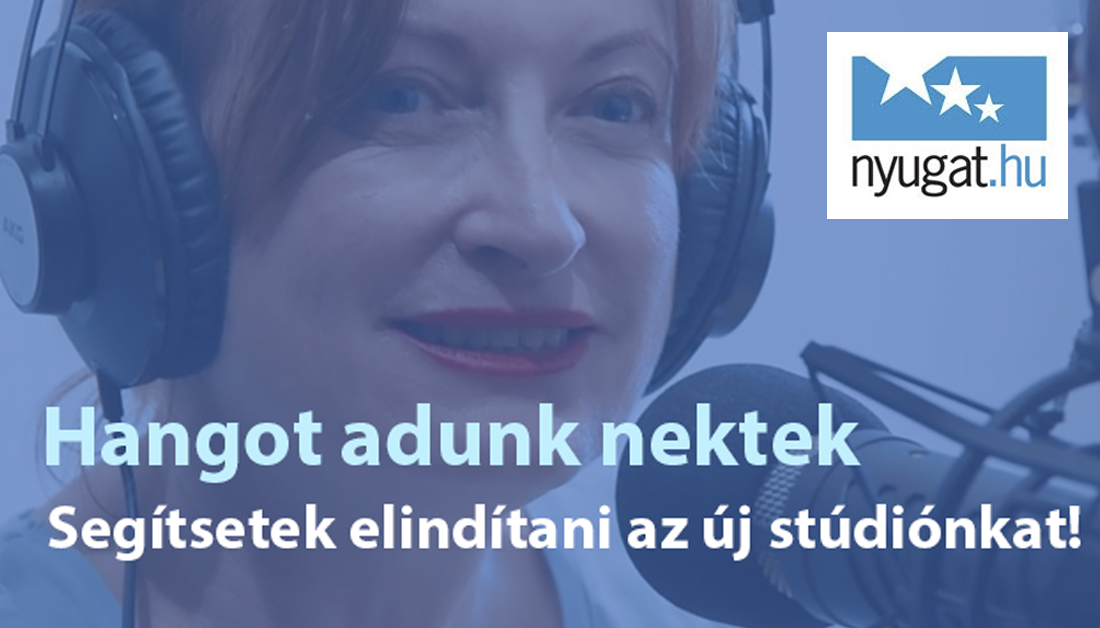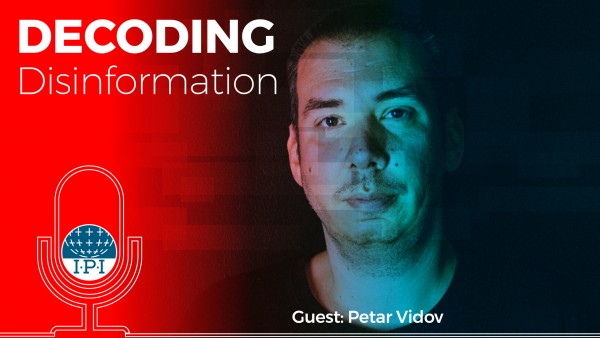Local Journalism Project Case Study: Nyugat (Hungary)
The backstory:
Nyugat is the largest regional news site in Hungary. It is based in Szombathely, near the Austrian border, where it serves a community of 200,000 people in the broader region of County Vas. It launched 21 years ago as an online-only media outlet. Nyugat describes itself as fiercely independent, a nonprofit organization seeking to fill the gap of independent media in the region and in the country as a whole. Most mainstream media in Hungary, through a process known as media capture, are controlled in some way by the ruling party Fidesz of Prime Minister Viktor Orbán. In this environment independent media face obstacles gaining access to information and securing advertising revenues from the state as well as from private companies that fear the association may impact their business.
Audience:
Nyugat serves a regular audience of about 50,000 people in the area. Its audience values a combination of news and information, from simple information about what roads are closed to serious investigative pieces on local corruption.
Value proposition:
Nyugat underscores that it provides independent news when so much of the media in Hungary is captured by political interests. It understands and serves its community with high-quality local news while also representing the community’s interests against those in power. Nyugat is an important center for community information and people will show up to the office or email the office to discuss what they’d like to know more about.
Products and distribution:
In addition to the news site, Nyugat produces a weekly podcast, YouTube videos, and has a newsletter, in addition to various social media accounts, including Facebook and Instagram. The newsletter highlights the most interesting articles of the week and the team is aiming to use it to drive profit by promoting subscriber-exclusive content. Nyugat also has a very serious and popular comment section where users have to register their email address in order to comment.
The team:
As well as the editor, there are three journalists, a couple of news editors, one photographer, one videographer, and a handful of freelancers.
Business model:
Nyugat operates as an independent, nonprofit media in a challenging financial and political environment. While advertising is a source of revenue, it is hampered by the distorted allocation of state advertising by the national and local governments. Moreover, many private companies are also reluctant to advertise with independent media, preferring to give their money to pro-government media. Right now Nyugat has no paywall and content is free to access, but the team has been debating for a couple of years now about possibly adding a paywall, but are unsure of its success for regional media. Nyugat mostly relies on grants from abroad, especially from the U.S. and the Netherlands. As well as advertisements on its website, the outlet also holds fundraising campaigns a couple of times a year. The outlet also sometimes has promotional articles in partnership with local companies. They note that before Orbán came to power, it was much easier to make money.
Local conditions:
About 10 years ago, when Viktor Orbán came to power, many changes occurred in the Hungarian media landscape. Orbán’s government is highly centralized and controlling. The average citizen does not have the bandwidth to pay attention to the issue of media freedom. Nyugat says they can publish what they want; they do not censor themselves. However, government organizations restrict the access of independent media to information and sources, and will often not respond to inquiries, which makes it difficult to report on some issues. The local government recently changed, providing Nyugat with better access to information and answers to their questions.
Trust/misinformation:
Nyugat builds trust through providing fresh and credible journalism that has gone through rigorous fact-checking, and by taking care and time to build a relationship of trust and an emotional attachment.
The future:
Nyugat’s team was adamant that nothing lasts forever, and during the recent round of elections, the country was surprisingly active. They sense there may be more major political change coming. They’d like to work on building a network of independent Hungarian news sites and also change the perception in the country that journalists are propaganda workers. They’ve been receiving external advice and guidance on developing sustainable revenue streams.
Ask them about:
Evolving to stay relevant in the era of Facebook and Instagram. Writing investigative stories in an authoritarian regime where information is hard to come by.
In their words:
“Theoretically you can write about what you want, but practically, your work is very, very hard to do.”
“They come to the office, they expect us to solve their problems or just listen to their complaints. So we are part of this local community in a very, very lively way.”
“Hungarian history is about surviving. So we are very good at it. We learned that we have to have a good relationship with our audience, to catch them emotionally. I think it is a very essential part of surviving to somehow get them on our side.”
“We have always had finance issues because the government manages to finance its media outlets. The state money, the public money, and even the private companies’ money goes to these pro-government media outlets.”
“Like most of the Hungarian regional sites, we work in a kind of isolated way. We have an intention to somehow build a network of these sites. And we would like to play a leading role in this network. We’d also like to start or to continue the education of the future generation (of journalists) because that situation is really a disaster now. Because the Orbán government has been in power for 11 or 12 years now, we have a new generation of journalists who think that the job of a journalist is propaganda.”
Source for information in this case study: Interviews with Gyöngyi Roznár, editor-in-chief, Nyugat; Antal Jozing, senior journalist; Adam Vincze, marketing and communications manager.
This story is part of IPI’s Local Journalism Project. The publication of these case studies – part of IPI’s wider work mapping, networking and supporting quality innovative media serving local communities – is supported by the Friedrich Naumann Foundation.



